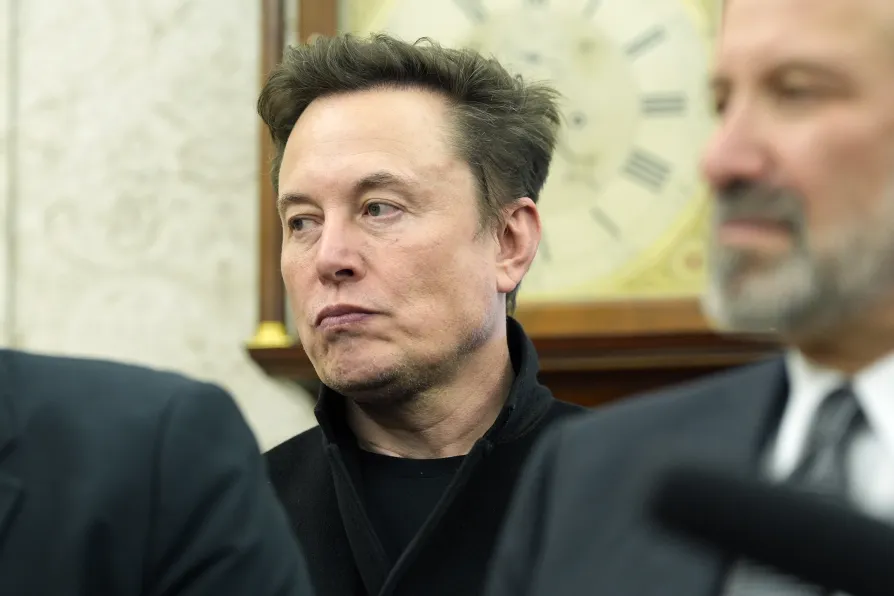Corbyn’s intervention exposes a corrupted system, writes CLAUDIA WEBBE

 Elon Musk listens as President Donald Trump meets with India's Prime Minister Narendra Modi in the Oval Office of the White House, February 13, 2025, in Washington
Elon Musk listens as President Donald Trump meets with India's Prime Minister Narendra Modi in the Oval Office of the White House, February 13, 2025, in Washington
“HAD Moreau had any intelligible object; I could have sympathised at least a little with him. I am not so squeamish about pain as that. I could have forgiven him a little even, had his motive been only hate. But he was so irresponsible, so utterly careless! His curiosity, his mad, aimless investigations, drove him on; and the Things were thrown out to live a year or so, to struggle and blunder and suffer, and at last to die painfully.” — HG Wells, The Island of Dr Moreau.
The few scant weeks since the inauguration of Donald Trump to the presidency of the United States for the second time have seen an escalation in the attempts of DOGE (the Department of Government Efficiency) jefe Elon Musk and titular employer Trump to shape the politics of Britain, and it must be said, the world at large.
A giant petri dish, if you will, for the bizarre mind games, financial chicanery and performative antics of the pair. Of course, Musk in particular was weighing in on British politics months before Trump’s election victory on November 5 2024 — an appropriate date for the bonfire of the so-called guard-rails that were supposed to hold the MAGA cult in check.














